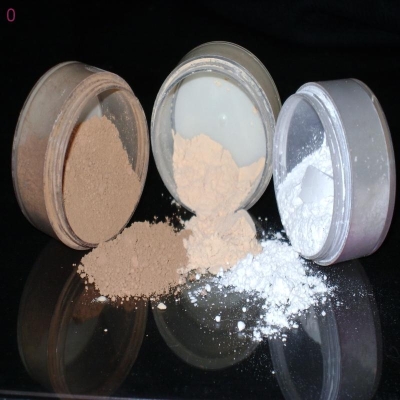-
Categories
-
Pharmaceutical Intermediates
-
Active Pharmaceutical Ingredients
-
Food Additives
- Industrial Coatings
- Agrochemicals
- Dyes and Pigments
- Surfactant
- Flavors and Fragrances
- Chemical Reagents
- Catalyst and Auxiliary
- Natural Products
- Inorganic Chemistry
-
Organic Chemistry
-
Biochemical Engineering
- Analytical Chemistry
- Cosmetic Ingredient
-
Pharmaceutical Intermediates
Promotion
ECHEMI Mall
Wholesale
Weekly Price
Exhibition
News
-
Trade Service
High dietary intake of sodium salts may consume calcium in the body, new research suggests.
The study, published in the American Journal of Psychology,
Renal Physiology
revealed that the extraction of sodium and calcium is regulated by the same unit system, which means that calcium is also excreted as the body tries to excrete sodium from a high-salt diet.
Todd Alexander
, of the University of Alberta in Canada, who led the study, explained: "Let's ask a simple question related to the study - can we link sodium salt to calcium absorption?" We found that we could. He said the findings provided "very real" biological evidence that the balance between sodium and calcium was "real and linked."when the body tries to excrete sodium from its urine, our results show that the body also excretes calcium at the same time, " he said. This is important because we are eating more and more sodium salt, which means that our body is excreting more and more calcium. The findings underscore why a low-na diet is so important and why low-nath content in processed foods is so critical. Researchersthat calcium excreted in urine increases the risk of kidney stones, while reduced calcium levels in the body increase the risk of osteoporosis.The authors note thatwhile the
3
(
NHE3
) molecule has long been known to be responsible for absorption in the body, it plays an important role in calcium regulation, which is a new discovery.
found that a molecule
to have two jobs -- regulating calcium and na in the body at the same time," said Alexander, a new group of patients. Inexperiment, the team studied an experimental model that lacked
NHE3
of the molecule code of the 2000SHE3. They found that animals
no
NHE3, had higher levels of calcium in their urine.Alexander
added that the bones of the experimental animals thinned because calcium was not absorbed and remained in the body.







